Home>Home Appliances>Laundry Appliances>Why Are My Clothes Shrinking In The Washing Machine
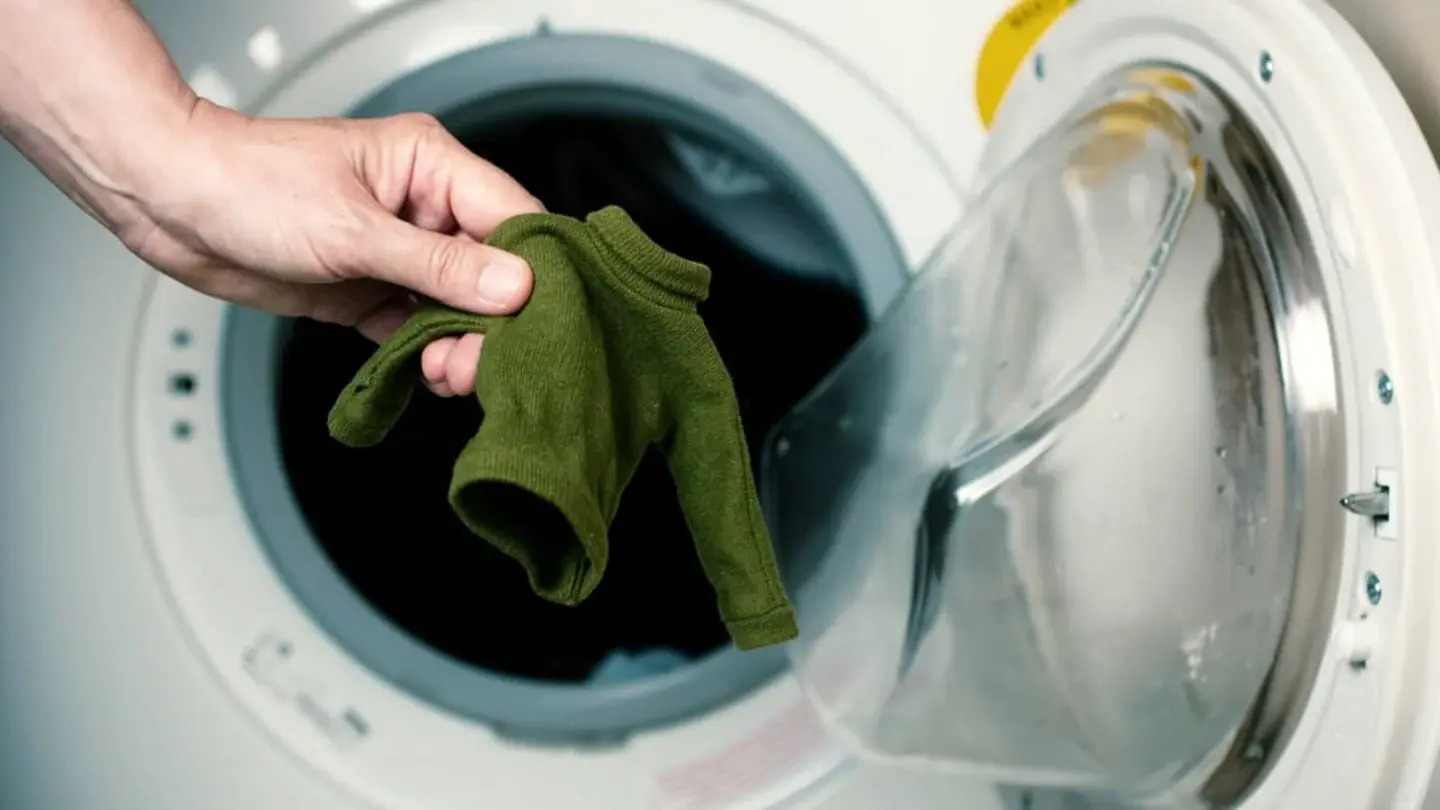

Laundry Appliances
Why Are My Clothes Shrinking In The Washing Machine
Published: February 21, 2024
Discover the reasons why your clothes might be shrinking in the washing machine. Learn how to prevent this issue with proper laundry appliance care.
(Many of the links in this article redirect to a specific reviewed product. Your purchase of these products through affiliate links helps to generate commission for Storables.com, at no extra cost. Learn more)
Introduction
Laundry day is a routine that most of us are familiar with. We gather our clothes, sort them into piles, and toss them into the washing machine, expecting them to emerge clean and unscathed. However, there are times when our favorite garments come out of the wash looking smaller than before, leaving us puzzled and frustrated. If you've ever wondered, "Why are my clothes shrinking in the washing machine?" you're not alone. The phenomenon of clothes shrinking during the laundry process is a common concern for many individuals.
Shrinkage in the washing machine can be a perplexing issue, especially when it affects our beloved clothing items. Understanding the reasons behind this occurrence and learning how to prevent it can help us preserve the integrity of our wardrobe. In this article, we will delve into the factors that contribute to fabric shrinkage in the washing machine and explore effective strategies to mitigate this problem. By gaining insights into this issue, you can ensure that your clothes emerge from the laundry looking as good as new, without any unwanted alterations in size.
Key Takeaways:
- Fabric shrinkage in the washing machine is caused by factors like water temperature, agitation, and fabric type. Using cold water, gentle cycles, and mild detergents can help prevent clothes from shrinking.
- To prevent clothes from shrinking, read care labels, use cold water, and avoid over-drying. Reshape and lay flat to dry delicate items, and consider pre-shrunk fabrics for less shrinkage.
Understanding Fabric Shrinkage
Fabric shrinkage refers to the reduction in size or dimensions of a textile material, such as clothing, due to various factors. This phenomenon occurs when the fabric contracts or tightens, leading to a change in its original size and shape. Understanding the underlying mechanisms of fabric shrinkage is essential for effectively addressing the issue of clothes shrinking in the washing machine.
The primary cause of fabric shrinkage is the inherent nature of the fibers used in the production of textiles. Natural fibers, such as cotton and wool, are more prone to shrinkage compared to synthetic fibers like polyester and nylon. When these natural fibers are exposed to moisture, heat, and agitation, they tend to contract, resulting in a reduction in the overall dimensions of the fabric. This contraction occurs as the fibers reconfigure and tighten, leading to a noticeable change in the garment's size.
Additionally, the weaving or knitting structure of the fabric plays a crucial role in determining its susceptibility to shrinkage. Fabrics with a looser weave or knit are more likely to shrink, as there is greater room for the fibers to rearrange and contract when subjected to the stress of the washing process. Conversely, tightly woven or knitted fabrics may exhibit minimal shrinkage due to the limited space for the fibers to reposition themselves.
Furthermore, the finishing processes applied to the fabric during manufacturing can influence its propensity to shrink. Fabrics that have undergone pre-shrinking treatments are less likely to shrink significantly during subsequent wash cycles. However, garments that have not been pre-shrunk are more susceptible to size reduction when exposed to water and heat, as the residual tension in the fibers is released, causing them to contract.
Understanding fabric shrinkage is pivotal in comprehending why clothes shrink in the washing machine. By recognizing the inherent characteristics of different fibers, the impact of weaving or knitting structures, and the influence of manufacturing processes, individuals can make informed decisions regarding the care and maintenance of their clothing to minimize the risk of shrinkage. In the following sections, we will explore the specific factors that contribute to shrinkage in the washing machine and provide practical tips for preventing clothes from shrinking.
Factors Affecting Shrinkage in the Washing Machine
Several factors come into play when it comes to the shrinkage of clothes in the washing machine. Understanding these elements is crucial for effectively addressing the issue and preserving the integrity of your garments. Let's delve into the specific factors that contribute to fabric shrinkage in the washing machine:
1. Temperature:
The temperature of the water used during the washing process significantly impacts fabric shrinkage. Hot water can cause the fibers in the fabric to expand and then contract when cooled, leading to shrinkage. It is advisable to use cold or lukewarm water for washing clothes, especially those made of natural fibers, to minimize the risk of shrinkage.
2. Agitation:
The mechanical action of the washing machine, including the tumbling and spinning motions, can subject the fabric to stress and friction, contributing to shrinkage. Vigorous agitation can cause the fibers to tighten and reconfigure, resulting in a reduction in the garment's size. To mitigate this, consider using a gentle or delicate cycle for more delicate fabrics to minimize excessive agitation.
Read more: Why Does My Washing Machine Stain My Clothes
3. Detergents and Chemicals:
Certain detergents and laundry additives contain harsh chemicals that can impact the structure of the fabric and contribute to shrinkage. Chlorine bleach, in particular, can weaken fibers and lead to shrinkage, especially in natural fabrics. Opt for mild, gentle detergents and avoid using bleach when washing clothes to safeguard against shrinkage.
4. Fabric Type:
The type of fabric plays a significant role in determining its susceptibility to shrinkage. Natural fibers, such as cotton and wool, are more prone to shrinkage compared to synthetic fibers like polyester and nylon. Understanding the composition of the fabric can help in implementing appropriate washing techniques to minimize shrinkage.
5. Over-Drying:
Excessive heat during the drying process can exacerbate fabric shrinkage, especially for garments made of natural fibers. Over-drying can cause the fibers to contract further, leading to noticeable size reduction. To prevent this, consider air-drying delicate items or using a low-heat setting in the dryer to minimize the risk of shrinkage.
By considering these factors and implementing appropriate washing and drying techniques, individuals can effectively mitigate the risk of fabric shrinkage in the washing machine. Understanding the interplay of temperature, agitation, detergents, fabric type, and drying methods is essential for preserving the size and integrity of your clothing items.
Tips for Preventing Clothes from Shrinking
Preventing clothes from shrinking in the washing machine is a top priority for anyone who values the longevity and fit of their garments. By implementing the following tips, you can safeguard your clothing from the undesirable effects of fabric shrinkage:
-
Read Care Labels: Before laundering any garment, carefully read the care labels to understand the recommended washing and drying instructions. Pay attention to specific temperature settings, drying methods, and any additional care guidelines provided by the manufacturer.
-
Use Cold Water: Opt for cold water when washing clothes, especially those made of natural fibers like cotton and wool. Cold water minimizes the risk of fiber contraction and helps preserve the size and shape of the garments.
-
Gentle Cycle: When washing delicate or prone-to-shrinkage items, select the gentle or delicate cycle on your washing machine. This reduces the intensity of agitation, minimizing the stress on the fabric and mitigating the risk of shrinkage.
-
Mild Detergents: Choose mild, gentle detergents that are specifically formulated for delicate fabrics. Harsh chemicals in certain detergents can weaken fibers and contribute to shrinkage, so opting for a milder option can help protect your garments.
-
Avoid Over-Drying: Over-drying clothes in the dryer can exacerbate shrinkage, particularly for natural fibers. To prevent this, consider air-drying delicate items or using a low-heat setting in the dryer to minimize the risk of excessive fiber contraction.
-
Reshape and Lay Flat to Dry: For knitted or loosely woven garments, such as sweaters or delicate tops, reshape them to their original dimensions and lay them flat to dry. This method helps maintain the garment's shape and minimizes the potential for shrinkage.
-
Pre-Shrunk Fabrics: When purchasing new clothing, consider opting for pre-shrunk fabrics, as they are less likely to undergo significant size reduction during subsequent wash cycles. This can be particularly beneficial for items that are prone to frequent laundering.
-
Steam or Iron Carefully: If necessary, use a steamer or iron on low heat to remove wrinkles from your garments. Be cautious when ironing natural fibers, as excessive heat can contribute to shrinkage. Always follow the garment's care instructions for ironing.
By incorporating these preventive measures into your laundry routine, you can effectively minimize the risk of clothes shrinking in the washing machine. Understanding the impact of water temperature, washing cycles, detergents, and drying methods is essential for preserving the size and integrity of your clothing items, ensuring that they emerge from the laundry looking as good as new.
Conclusion
In conclusion, the issue of clothes shrinking in the washing machine is a common concern that can be addressed through a combination of understanding fabric shrinkage, recognizing the factors contributing to shrinkage in the washing machine, and implementing effective preventive measures. Fabric shrinkage, influenced by the inherent characteristics of fibers, weaving structures, and manufacturing processes, plays a pivotal role in determining the susceptibility of garments to size reduction during laundering. Natural fibers, such as cotton and wool, are particularly prone to shrinkage, especially when exposed to moisture, heat, and agitation.
Factors such as water temperature, mechanical agitation, detergents, fabric type, and drying methods significantly impact the potential for fabric shrinkage in the washing machine. By being mindful of these elements and implementing appropriate washing and drying techniques, individuals can minimize the risk of clothes shrinking and preserve the integrity of their wardrobe.
By adhering to the recommended care instructions, using cold water for washing, opting for gentle washing cycles, choosing mild detergents, and avoiding over-drying, individuals can effectively safeguard their garments from the undesirable effects of shrinkage. Additionally, selecting pre-shrunk fabrics and employing careful ironing or steaming techniques can contribute to maintaining the size and shape of clothing items.
Understanding the interplay of these factors and taking proactive measures to prevent fabric shrinkage in the washing machine is essential for ensuring that clothes emerge from the laundry looking as good as new, without any unwanted alterations in size. By incorporating these preventive measures into their laundry routine, individuals can enjoy long-lasting, well-fitted garments, free from the frustration of unexpected shrinkage.
In essence, by gaining insights into the dynamics of fabric shrinkage and implementing the recommended preventive strategies, individuals can effectively address the perplexing issue of clothes shrinking in the washing machine, preserving the quality and fit of their clothing while enhancing their overall laundry experience.
Frequently Asked Questions about Why Are My Clothes Shrinking In The Washing Machine
Was this page helpful?
At Storables.com, we guarantee accurate and reliable information. Our content, validated by Expert Board Contributors, is crafted following stringent Editorial Policies. We're committed to providing you with well-researched, expert-backed insights for all your informational needs.





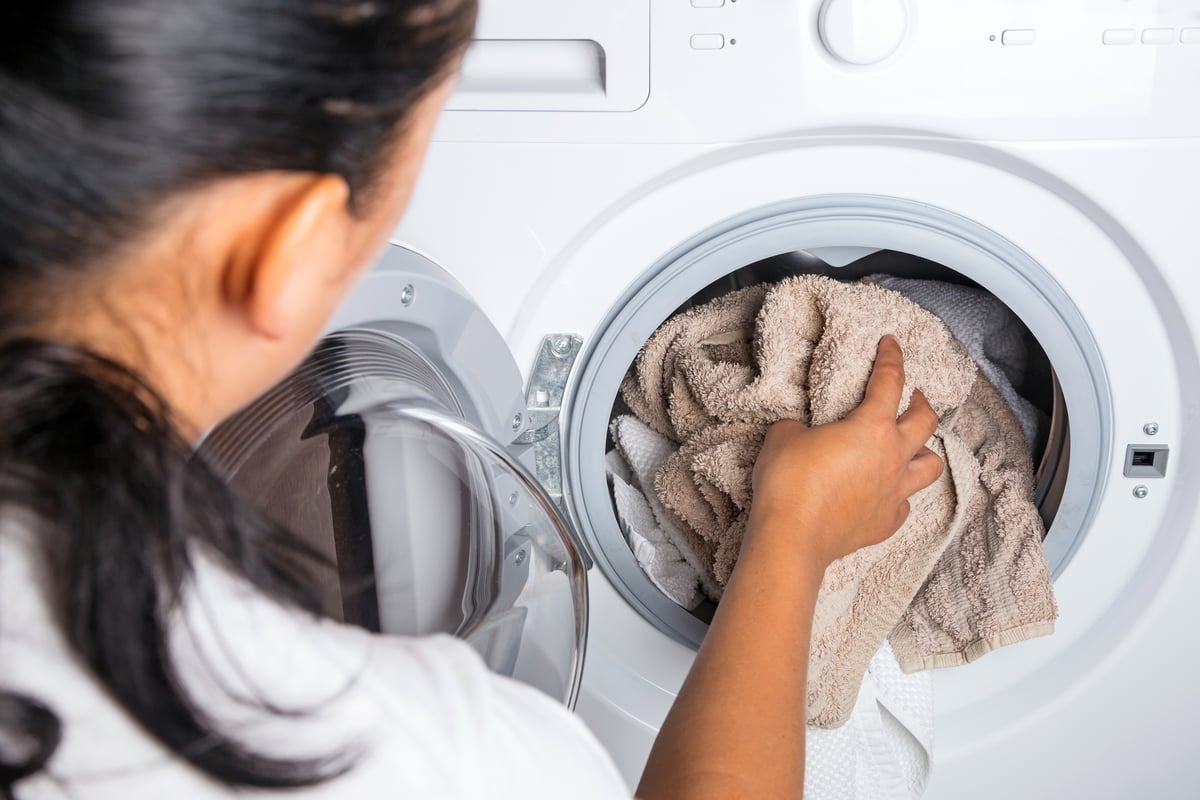
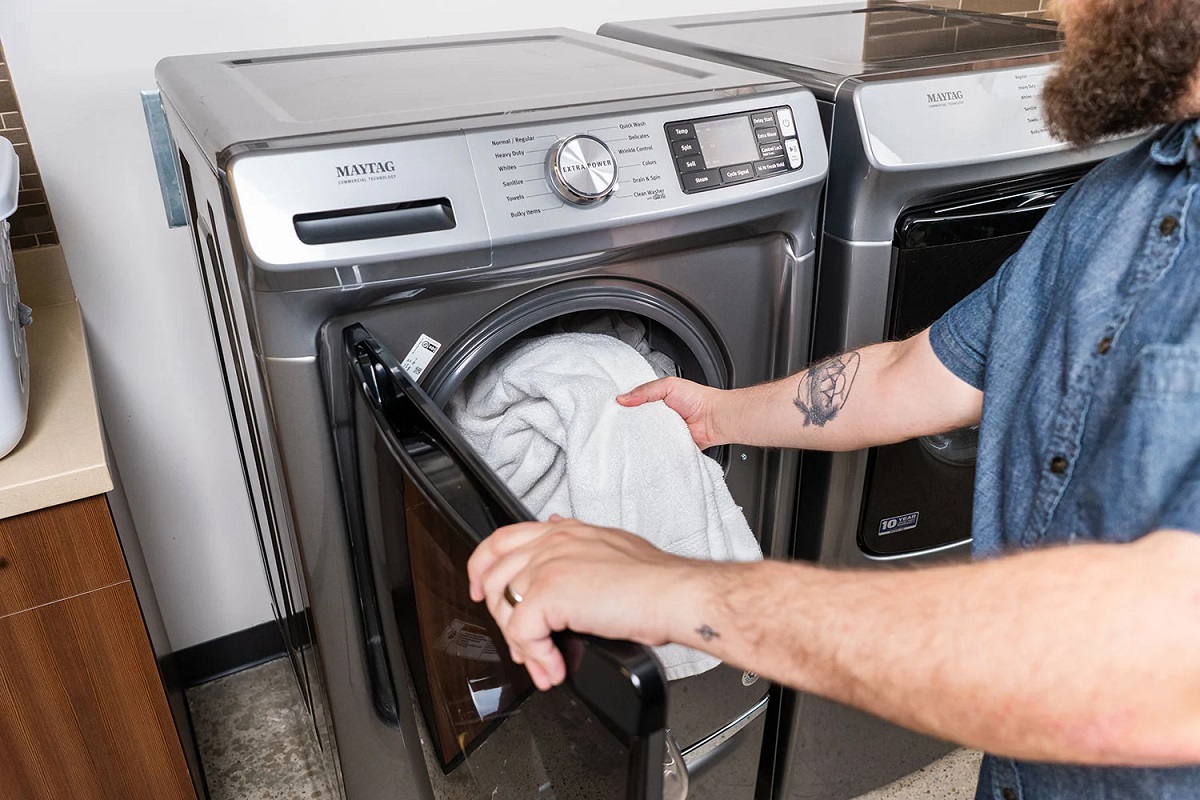
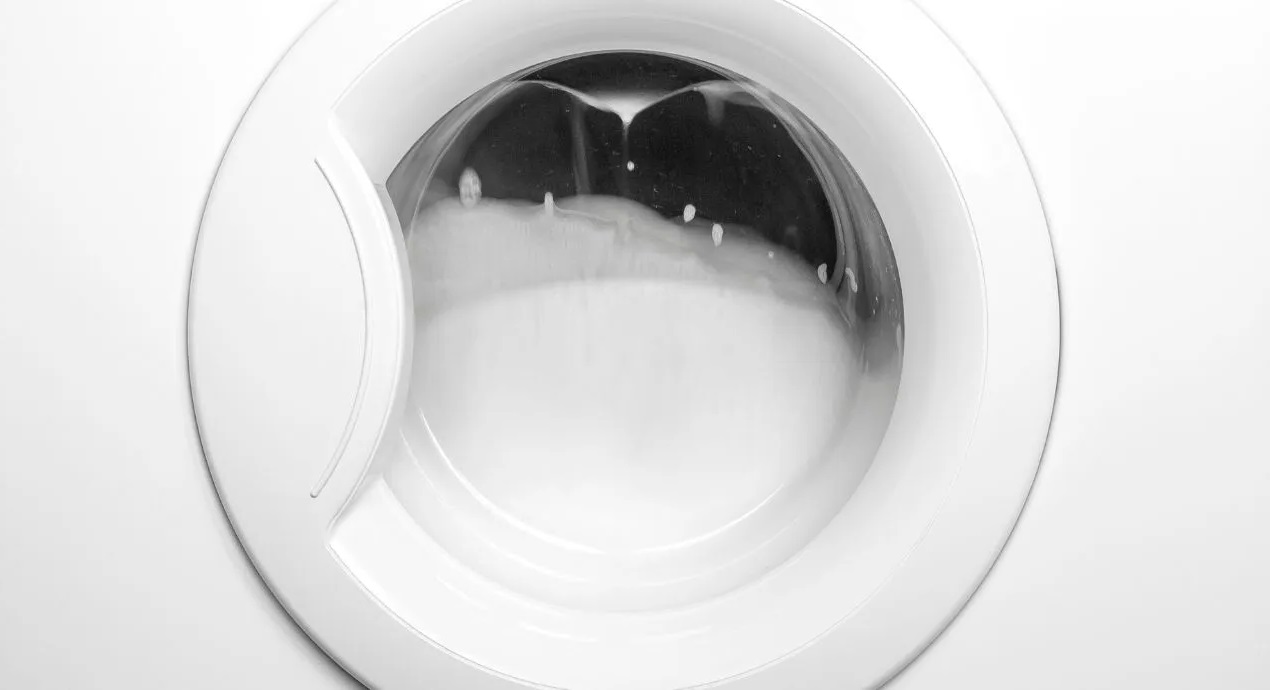

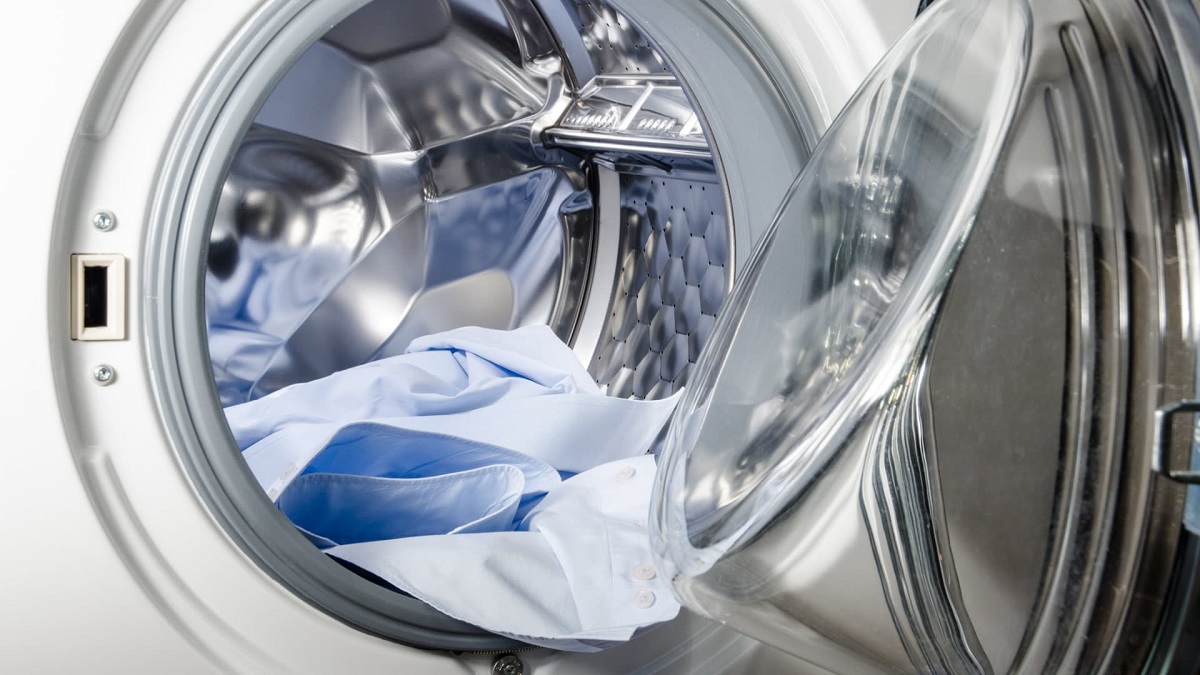
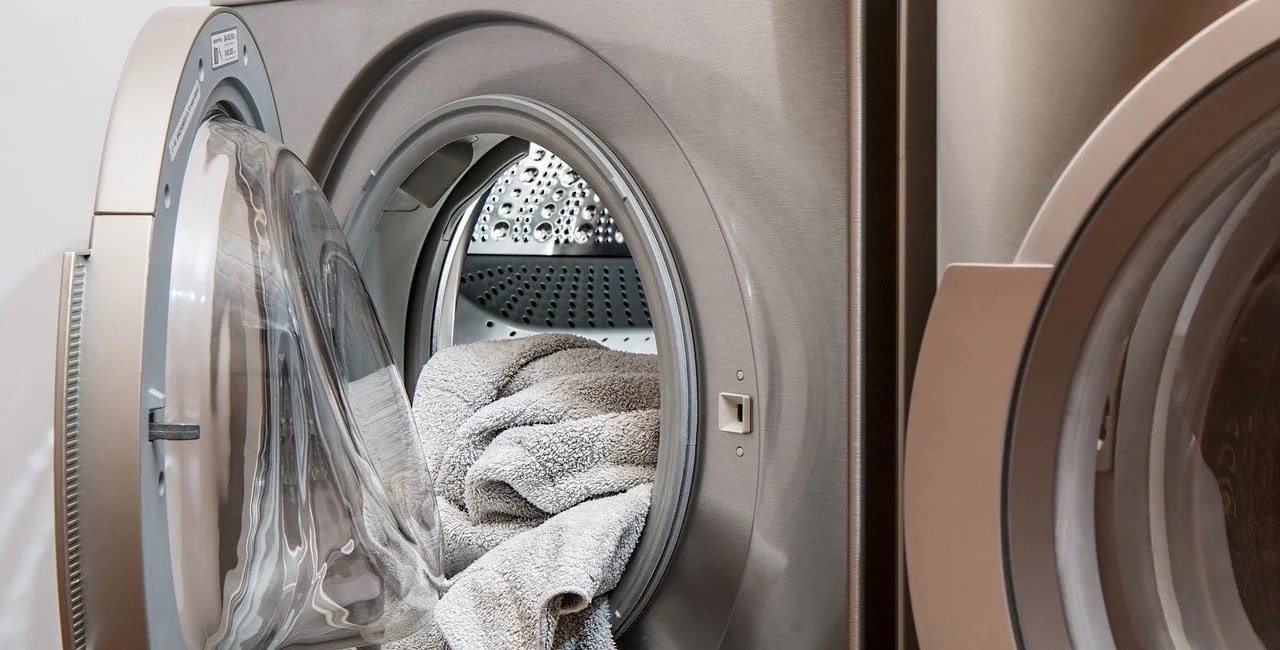
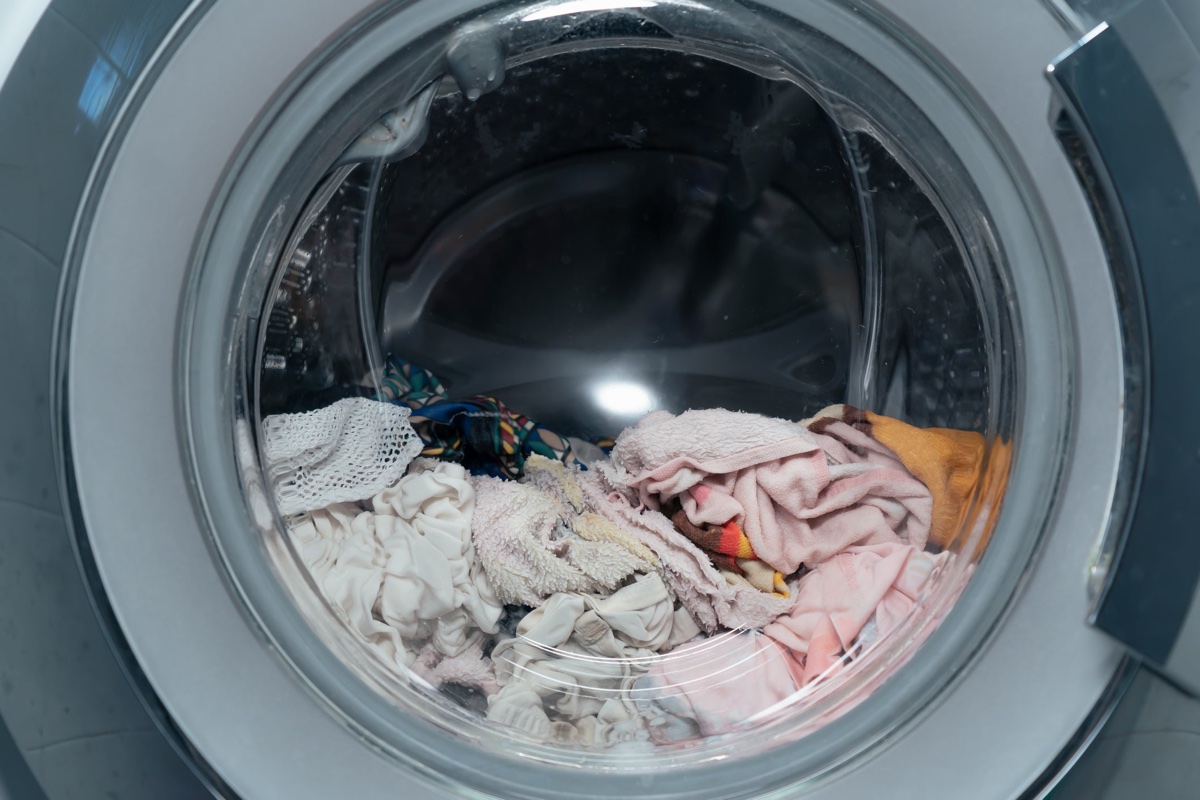


0 thoughts on “Why Are My Clothes Shrinking In The Washing Machine”